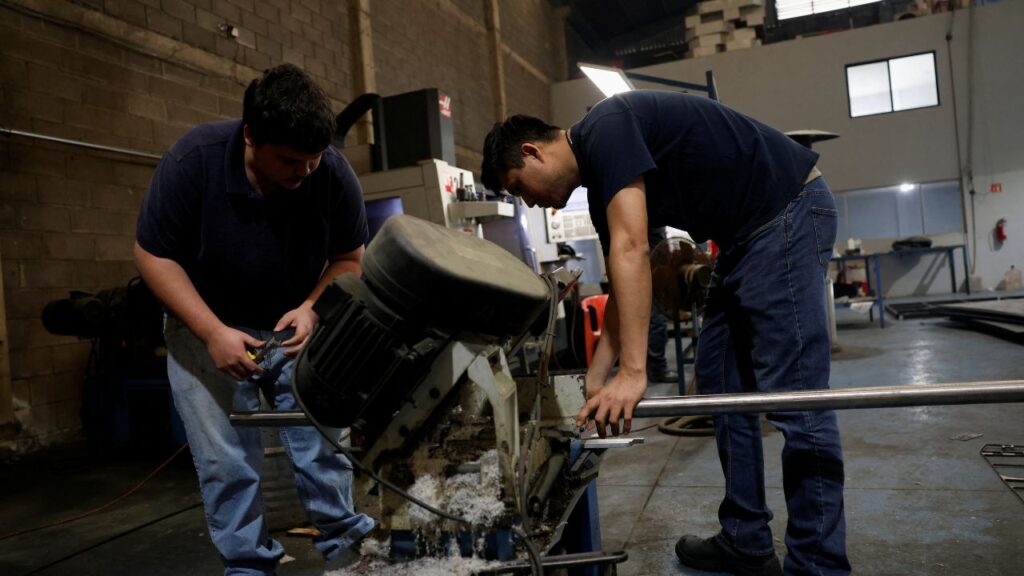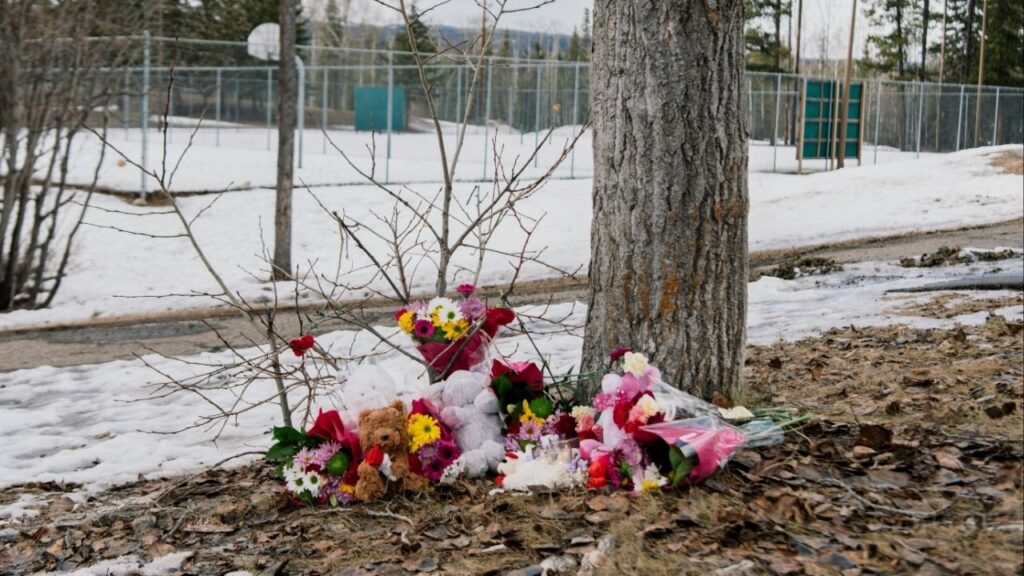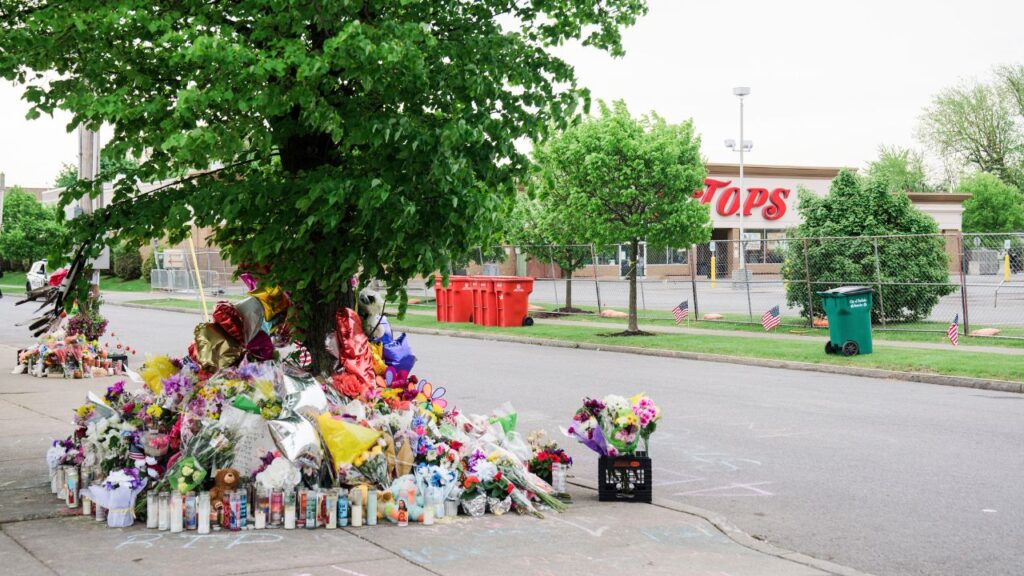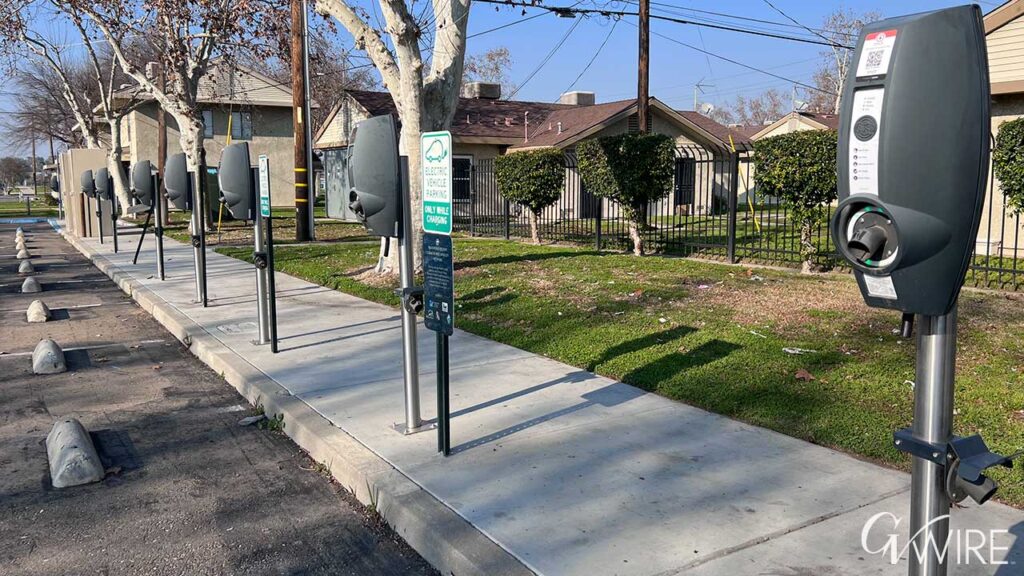A person walks with the Syrian flag in front of the citadel in Aleppo, Syria on Dec. 11, 2024. In the days since the abrupt and unexpected obliteration of Iran as a dominant presence in Syria, the government has faced a fierce public backlash over the billions of dollars spent and Iranian blood shed to back the Assad regime. (Ivor Prickett/The New York Times)

- Iranians criticize decades of costly support for Assad, demanding funds prioritize domestic needs and alliances.
- Assad’s fall undermines Iran’s regional influence, disrupting supply routes and weakening its "axis of resistance" strategy.
- Iranian officials attempt damage control amid criticism, while Khamenei denounces dissent as destabilizing and launches investigations.
Share
|
Getting your Trinity Audio player ready...
|
In the days since the abrupt and unexpected obliteration of Iran as a dominant presence in Syria, the government has faced a fierce public backlash over the billions of dollars spent and the Iranian blood shed to back the Assad regime.
The criticism has come from unexpected corners, including conservatives, and is flowing freely on television channels and talk shows, and in social media posts and virtual town halls attended by thousands of Iranians. It also appears on the front pages of newspapers every day.
One former lawmaker, Heshmatollah Falahatpisheh, said in a social media post that Iranians should rejoice at the fall of Iran’s long-standing ally, President Bashar Assad of Syria. “No one will be able to waste Iran’s dollars for maintaining a spider web any more,” he said.
Related Story: American Who Says He Crossed Into Syria on Foot Is Free After 7 Months in ...
Sentiment Begins to Spread
While opponents of the government have long bristled at the money Iran has sent all over the Middle East, the sentiment now seems to have spread. Even some who fought on their government’s behalf in Syria or lost family members in the civil war there are asking if it was worth it.
The Assad regime, some noted, was not the only loser to emerge from the uprising.
Ebrahim Motaghi, a professor of international relations at Tehran University, said on a talk show that Iran had been reduced from regional power to merely another country.
Some questioned the very foundation of Iran’s strategy over the past decades for making itself a dominant regional force that would confront Israel and its main backer, the United States: Tehran’s support for the array of militant groups across the Middle East that it called the axis of resistance.
In a front-page opinion piece in the newspaper Ham Mihan, a former Iranian representative to the intergovernmental Organization of Islamic Cooperation lashed out at his government. The defeat of Assad, wrote cleric Mohammad Shariati Dehghan, exposed Iranian’s strategy as misguided and “built on weak foundations.”
Shariati Dehghan demanded a new approach that prioritized building alliances with countries instead of propping up militant groups, and redirecting money and resources back to the people of Iran.
The brash public debate is nothing short of extraordinary, given that for years Iranian leaders portrayed their support for Syria and allied militant groups fighting Israel as a nonnegotiable principle of the Islamic Revolution and critical for national security.
“The Syria debate is happening at all levels of society, not just in the media and social media, but in daily interactions everywhere,” one prominent analyst, Hassan Shemshadi, said in a telephone interview from Tehran. “People are asking: Why did we spend so much money there? What did we achieve? What is our justification now that it’s all gone?”
Related Story: Middle East Latest: Netanyahu Testifies in His Corruption Trial as Israel Bombs ...
Strategic Partnership Is Now History
Shemshadi, who is close to the government and until last year served as the head of the Iran-Syria Joint Chamber of Commerce, said that while the shape of future Iranian and Syrian relations was now uncertain, a strategic partnership built over four decades was now clearly history.
Gone, too, he said, is the unfettered access to supply routes in Syria that Iran had long had to equip militants across the region with weapons and other material.
The reaction from official Iran has been muddled.
President Masoud Pezeshkian and Foreign Minister Abbas Araghchi have sought to distance the nation from the events in Syria.
The Syrian people, the president and foreign minister said, have the right to determine their political future. The Iranian vice president for strategy, Mohammad Javad Zarif, said his country “stands ready to have good relations with the future government of Syria, and we have always stood at the side of Syrian people.”
But Iran’s supreme leader, Ayatollah Ali Khamenei, in his first public address about events in Syria, took a harsher tone Wednesday. He blamed the United States and Israel for Assad’s downfall, referring to the rebels who toppled him as “aggressors” with competing motives who were serving their masters. He also alluded to Turkey’s support for some of the rebels in Syria.
“By God’s blessing, the territories occupied in Syria will be freed by the brave young people of Syria,” Khamenei said. “Have no doubt that this will happen.” He predicted that the “resistance” would spread widely across the region, and Iran would grow stronger.
“God willing,” chanted the audience of several hundred men and women sitting on the floor in the visitor’s hall of his compound.
But Khamenei’s speech flew in the face of the reality on the ground in Syria, where the army quickly folded as the rebels advanced and Syrians — young and old, men and women — celebrated the downfall of a tyrannical ruler by dancing in the streets chanting, “Freedom.”
Related Story: What to Know About the Countries Still Dropping Bombs in Syria
Hamas Congratulates Syrian Rebels
Even Hamas, the militants in the Gaza Strip for whom Iran and its ally Hezbollah in Lebanon went out on a limb, issued a statement congratulating the Syrian rebels on their victory and declared it was standing with the Syrian people. Hamas had a brief falling out with Iran over a decade ago, when the Syrian uprising started, because each supported different sides.
Khamenei appeared outraged at the open criticism. The comments, he said, were “a crime” because they were sowing fear among the public. Within hours, Iran’s judiciary announced a criminal investigation into a list of prominent figures and news outlets that have been leading the criticism. The list included Falahatpisheh, the former lawmaker, who revealed that Syrian debt to Iran amounted to about $30 billion.
For more than 40 years, Syria, served, in effect, as Iran’s central command base in the region. Its access to territory, shipping ports and airports was so unimpeded that a senior military commander once described Syria as a province of Iran.
Iran controlled military bases, missile factories, tunnels and warehouses that served the supply chain for its network of militants. From Syria, Iran funneled weapons, cash and logistical support to Hezbollah in Lebanon, Hamas in Gaza, and militants in the Israeli-occupied West Bank and Iraq.
Related Story: American Who Says He Crossed Into Syria on Foot Is Free After 7 Months in ...
“Syria was a linchpin to Iran’s regional plan, the encircling of Israel in a ring of fire,” said Matthew Levitt, director of the counterterrorism program at the Washington Institute for Near East Policy, a research organization. “The axis of resistance was a three-legged stool of Iran, Syria and Hezbollah, and it no longer stands. ”
Araghchi, the foreign minister, said in an interview with state television Sunday that Iran would base its next steps on the actions of Syria’s transitional leaders. He confirmed that Iran and the rebels had already exchanged messages, with the Syrians agreeing to requests that they protect Shia religious shrines and Iranian diplomatic outposts.
“Iran wants to move toward a direction that would eventually normalize its relations with Syria, but it’s going to be very difficult,” Rahman Ghahremanpour, a political analyst based in Tehran, said in a telephone interview. “The first priority right now is to make sure Syria does not turn into a base against Iran and a launchpad to attack its interests in Iraq or Lebanon.”
For the moment, the prospects of replicating the ties Iran once had with Syria appear dim.
After the Assad regime was overturned, Syrians stormed the Iranian Embassy in Damascus, tearing down pictures of Iranian leaders and bringing down its flag. And Ahmed al-Shara, the Islamist rebel leader who spearheaded the insurgency, chastised Iran publicly.
The Assad regime, he said, brought many ills to his country — among them turning Syria into “a farm for Iranian greed.”
—
This article originally appeared in The New York Times.
By Farnaz Fassihi/Ivor Prickett
c. 2024 The New York Times Company
RELATED TOPICS:
Categories

Mexico’s Senate Backs 40-Hour Workweek in Initial Vote

















